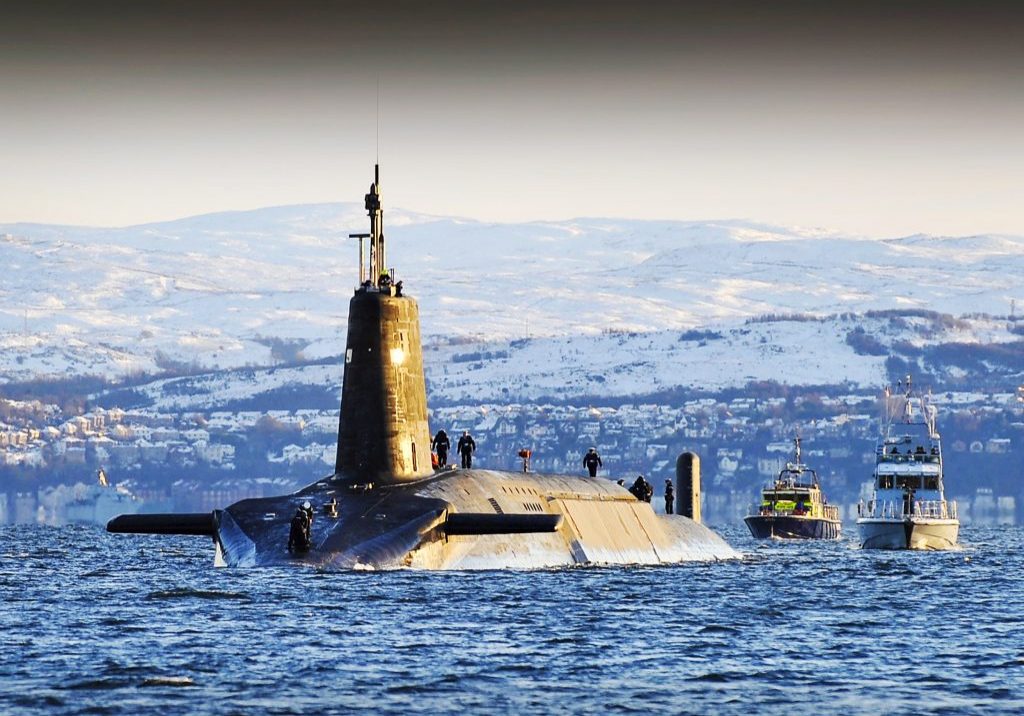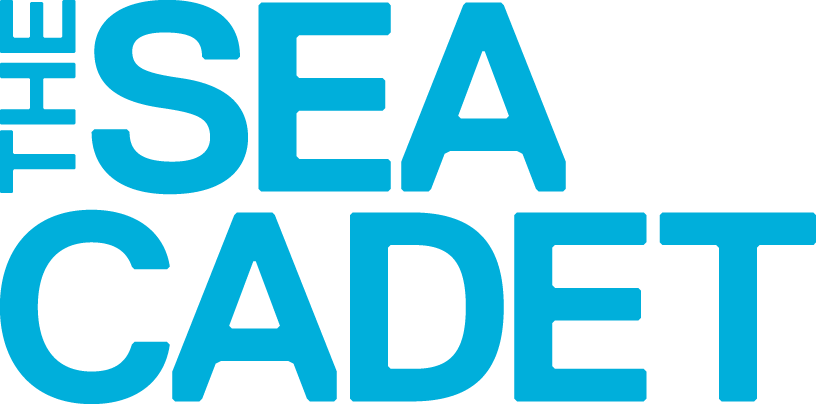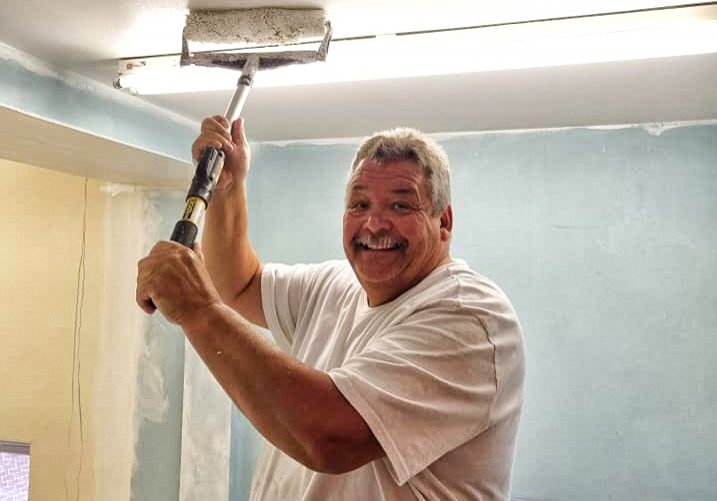Careers: how to become an on board cook
Ever wondered what it's like to be the cook on board TS Royalist, serving up three meals a day at sea?

Name: Daniel Cowley
Job title: Cook
What does your job involve?
I am responsible for cooking up to 600 meals a week for 34 people: 24 cadets, eight crew and two trainees. I look after the food stores, providing filling, balanced meals to give cadets energy to haul on all the lines and sail the ship.
I also assist with looking after the cadets’ welfare. We live on board, and luckily the crew have their own cabins. We work about three weeks on, one week off during offshore season, with long days.
Why did you want to work on Royalist?
“Sailing has been a big passion of mine ever since I was a sea cadet. So I jumped at the chance. Having been in the offshore relief pool since 2017, I knew I would thoroughly enjoy the role.”
Where do you get to travel?
“Last year, we ran offshore taster days around the country. I was lucky enough to complete a full circumnavigation of the UK. When I was relief crew, I spent four weeks in the Netherlands and Belgium on one of the power vessels, a completely different experience, with some amazing sights, and the logistics of arranging the stores in a foreign port. The highlight from this season was sailing up the Thames in glorious weather all the way to Tower Bridge, seeing all the sights of London. Worth the 4am start!”
Do you get to cook for any VIPs?
“In April this year it was a privilege to be part of the crew that took HRH The Princess Royal out for a day sail around the Solent. We served fresh scones. She gave high praise, too!”

What kind of foods do you cook at sea?
“I run a four-week rolling menu, but I like to mix things up and keep it as exciting as possible, within the restraints of the galley and the weather conditions. I like to cook regional food in different ports, for example we hosted a Scottish-themed evening with haggis when we were in Peterhead. I cook anything from meals the cadets might be used to at home, to more adventurous dishes, to encourage them to try new things. All while catering for a vast variety of dietary requirements and picky eaters.”
‘No matter the weather, we still need to deliver three meals a day, adapting the menu around the rough days’
Are there challenges to cooking on a ship?
“Cooking on a ship is completely different to working on land. The weather conditions are the biggest battle. If the wind picks up, you have to make sure everything is locked down and support yourself while carrying heavy pans. No matter the weather, we still need to deliver three meals a day, adapting the menu around the rough days. Another big thing is thinking ahead. There are not many shops out at sea, and if we ran out of Coco Pops, I would not be popular! Preplanning and ordering the right things to arrive at the right time, in the right port, is essential.”
What’s your favourite part of the job?
“I really enjoy seeing a new group of cadets arrive on board every Saturday. They are often quiet, shy and don’t know what to expect, but over the course of the week you see them grow, develop confidence and gel as a team. I also like to get involved on the upper decks, setting sails, steering the ship and driving the ship’s sea boat. Together, it all makes the job really rewarding.”
Did being a sea cadet influence your career in any way?
“I can hand-on-heart say that without the experiences Sea Cadets gave me as a cadet, installing the core values of confidence and self-discipline, I would not have been able to move to London and complete my catering scholarship at Claridge’s. It gave me all the life skills I needed to excel in my career. It had always been a plan of mine at some point to take a step back in my professional career and work for Sea Cadets full-time. I have seen first-hand what this charity achieves. I wanted to do my bit to inspire the next generation.”

How to become a cook
Daniel says: “When I’m not at sea, I am also a Basic Catering Instructor, so as a volunteer at my local unit I teach basic catering courses. It’s a fantastic opportunity to pass on my knowledge and inspire the future generation of chefs, or even just give cadets the basic cooking skills and knowledge so they can go into adult life able to cook something healthy and fulfilling for themselves.”
If you’re interested in becoming a cook, ask at your unit about signing up for a catering course, search for it on the Sea Cadets Portal.
Images: Daniel Cowley, Sea Cadets
More Advice

Careers: How to become a submariner
Ever wondered what it’s like to work underwater? Mechanical engineer Lt. Isobel Rawlinson talks about her role, and rowing across the Atlantic


